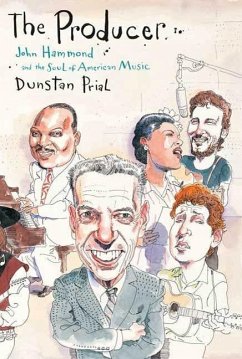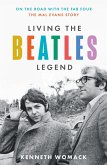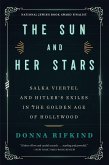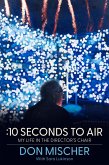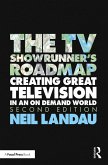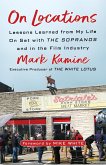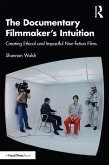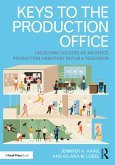A "behind the music" story without parallel
John Hammond is one of the most charismatic figures in American music, a man who put on record much of the music we cherish today. Dunstan Prial's biography presents Hammond's life as a gripping story of music, money, fame, and racial conflict, played out in the nightclubs and recording studios where the music was made.
A pioneering producer and talent spotter, Hammond discovered and championed some of the most gifted musicians of early jazz-Billie Holliday, Count Basie, Charlie Christian, Benny Goodman--and staged the legendary "From Spirituals to Swing" concert at Carnegie Hall in 1939, which established jazz as America's indigenous music. Then as jazz gave way to pop and rock Hammond repeated the trick, discovering Bob Dylan, Aretha Franklin, Bruce Springsteen, and Stevie Ray Vaughan in his life's extraordinary second act.
Dunstan Prial shows Hammond's life to be an effort to push past his privileged upbringing and encounter American society in all its rough-edged vitality. A Vanderbilt on his mother's side, Hammond grew up in a mansion on the Upper East Side of Manhattan. As a boy, he would sneak out at night and go uptown to Harlem to hear jazz in speakeasies. As a young man, he crusaded for racial equality in the music world and beyond. And as a Columbia Records executive-a dapper figure behind the glass of the recording studio or in a crowded nightclub-he saw music as the force that brought whites and blacks together and expressed their shared sense of life's joys and sorrows. This first biography of John Hammond is also a vivid and up-close account of great careers in the making: Bob Dylan recording his first album with Hammond for $402, Bruce Springsteen showing up at Hammond's office carrying a beat-up acoustic guitar without a case. In Hammond's life, the story of American music is at once personal and epic: the story of a man at the center of things, his ears wide open.
John Hammond is one of the most charismatic figures in American music, a man who put on record much of the music we cherish today. Dunstan Prial's biography presents Hammond's life as a gripping story of music, money, fame, and racial conflict, played out in the nightclubs and recording studios where the music was made.
A pioneering producer and talent spotter, Hammond discovered and championed some of the most gifted musicians of early jazz-Billie Holliday, Count Basie, Charlie Christian, Benny Goodman--and staged the legendary "From Spirituals to Swing" concert at Carnegie Hall in 1939, which established jazz as America's indigenous music. Then as jazz gave way to pop and rock Hammond repeated the trick, discovering Bob Dylan, Aretha Franklin, Bruce Springsteen, and Stevie Ray Vaughan in his life's extraordinary second act.
Dunstan Prial shows Hammond's life to be an effort to push past his privileged upbringing and encounter American society in all its rough-edged vitality. A Vanderbilt on his mother's side, Hammond grew up in a mansion on the Upper East Side of Manhattan. As a boy, he would sneak out at night and go uptown to Harlem to hear jazz in speakeasies. As a young man, he crusaded for racial equality in the music world and beyond. And as a Columbia Records executive-a dapper figure behind the glass of the recording studio or in a crowded nightclub-he saw music as the force that brought whites and blacks together and expressed their shared sense of life's joys and sorrows. This first biography of John Hammond is also a vivid and up-close account of great careers in the making: Bob Dylan recording his first album with Hammond for $402, Bruce Springsteen showing up at Hammond's office carrying a beat-up acoustic guitar without a case. In Hammond's life, the story of American music is at once personal and epic: the story of a man at the center of things, his ears wide open.
Dieser Download kann aus rechtlichen Gründen nur mit Rechnungsadresse in D ausgeliefert werden.

